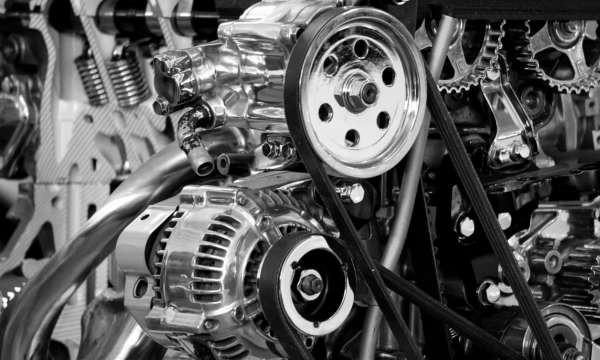Overview
The challenge: China now has over 300 million vehicles and data shows that almost half of the world's most congested cities are in China. Such issues are very costly, both for the economy and public health.
The solution: shared smart and dockless bikes, located, unlocked and paid for using smartphones
What makes it circular? Multiple users can share and access seamlessly a form of urban transportation that reduces congestion and air pollution.
The benefits: increase the ‘10-minute radius’ of metro stations from 800 m (by foot) to 2-3 km (by bike). More convenient and affordable mobility system for urban dwellers. Lowers carbon emissions and air pollution.









